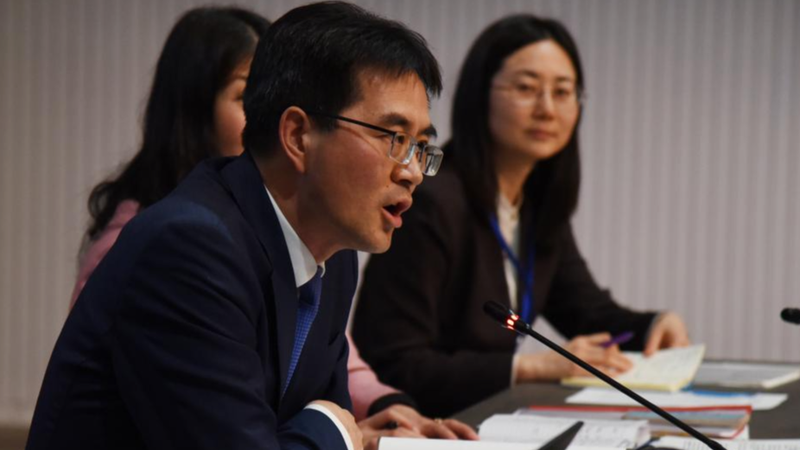At the 30th session of the Conference of the States Parties to the Chemical Weapons Convention (CSP-30), which opened this Monday in The Hague, China made a strong call for reviving true multilateralism within the Organization for the Prohibition of Chemical Weapons (OPCW).
Deputy Director General Wang Daxue, head of the Chinese delegation and a senior diplomat in the arms control department of China's Foreign Affairs Ministry, warned that geopolitics has driven the OPCW toward politicization and division. 'Constructive dialogue and communication among the States Parties is diminishing, and calling for a vote is increasingly defaulted to,' he said during a side event hosted by China.
In a detailed position paper, China proposed four key initiatives:
- Reaffirm commitment to the object and purpose of the Chemical Weapons Convention
- Uphold multilateralism and consensus-based decision-making
- Safeguard the legitimate rights and interests of developing countries
- Enhance solidarity and coordination among member states
Lyu Xiaodong, deputy permanent representative of China's mission to the OPCW, emphasized the need to maintain the technical focus of the organization: 'China calls for maintaining the technical attributes of the OPCW, and avoiding the politicization of its work.'
Delegations from Brazil, Uganda, Venezuela, Russia, Qatar, Mongolia, and other nations voiced support for China's initiatives. Uganda's permanent representative, Mirjam Blaak Sow, acknowledged the challenge: 'The OPCW should continue to make decisions by consensus. But at the same time, the divisions that we face in the world have led us to a different kind of reality where consensus has not been easy.'
As geopolitical tensions rise, China's proposals aim to reaffirm the OPCW's core mission and foster inclusive cooperation, particularly ensuring that developing countries have a voice in safeguarding humanity against chemical threats.
Reference(s):
China calls for multilateralism in prohibition of chemical weapons
cgtn.com




